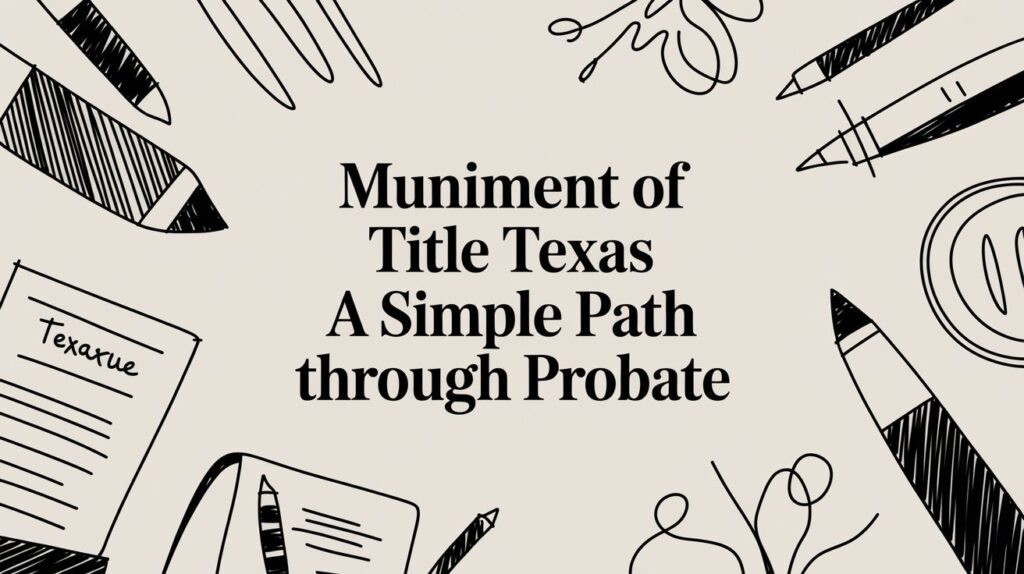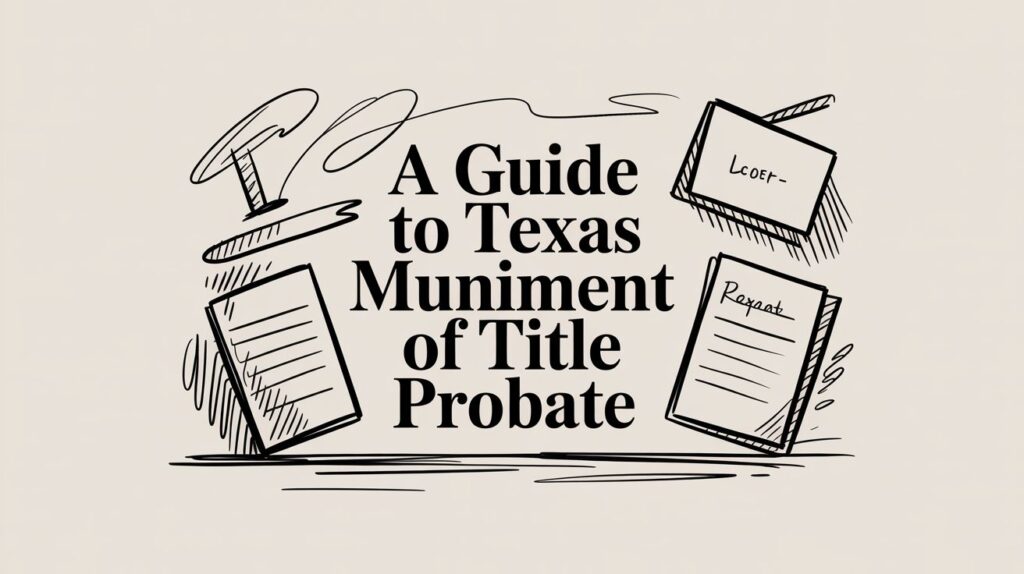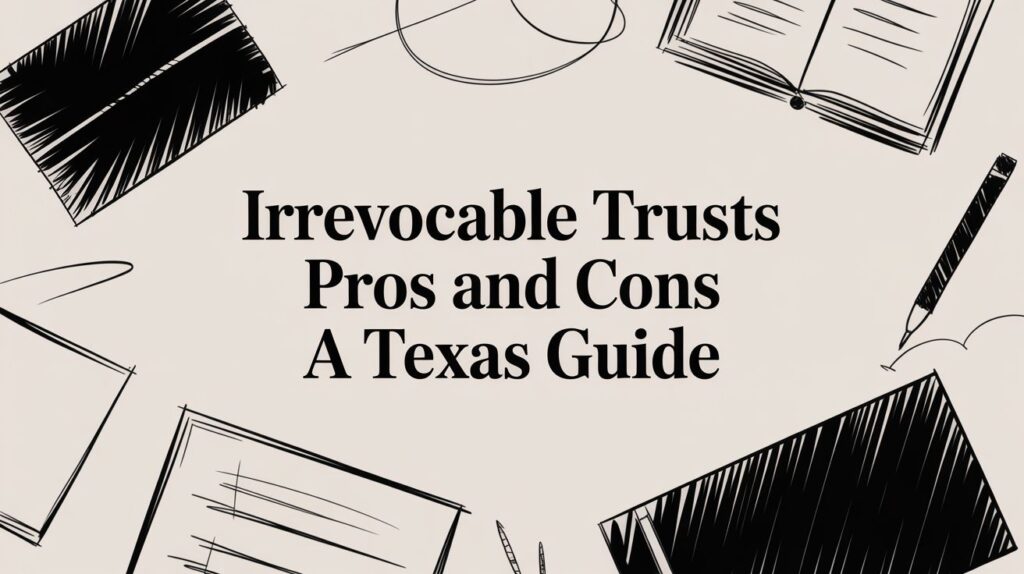Understanding the Probate Process in Texas
The probate process in Texas is a legal procedure that involves the validation of a deceased person's will and the distribution of their assets. It is essential for ensuring that the deceased's wishes are honored and that their estate is settled according to state laws.
In Texas, probate can be simplified through various methods, including independent administration and small estate affidavits, depending on the size and complexity of the estate. Understanding these options can help beneficiaries navigate the process more efficiently and minimize potential delays.
Common Challenges in Probate Cases
Probate cases can present several challenges, including disputes among heirs, issues related to the validity of the will, and complexities in asset valuation. Addressing these challenges promptly is crucial to avoid prolonged legal battles and ensure a smooth transition of assets.
For instance, if an heir contests the will, it may lead to litigation that can delay the distribution of assets. Having a knowledgeable attorney can help mitigate these risks by providing guidance on how to handle disputes and navigate the legal landscape effectively.
Importance of Estate Planning
Estate planning is vital for individuals looking to secure their assets and provide for their loved ones after their passing. It encompasses the creation of wills, trusts, and other legal documents that dictate how one's estate should be managed and distributed.
By engaging in proactive estate planning, individuals can minimize taxes, avoid probate complications, and ensure that their wishes are clearly articulated. This planning can also include appointing guardians for minor children, which is a critical consideration for parents.
Legal Resources for Probate and Estate Planning
Accessing reliable legal resources is essential for anyone navigating probate and estate planning in Texas. These resources can provide valuable information on the laws governing probate, as well as templates for wills and trusts.











